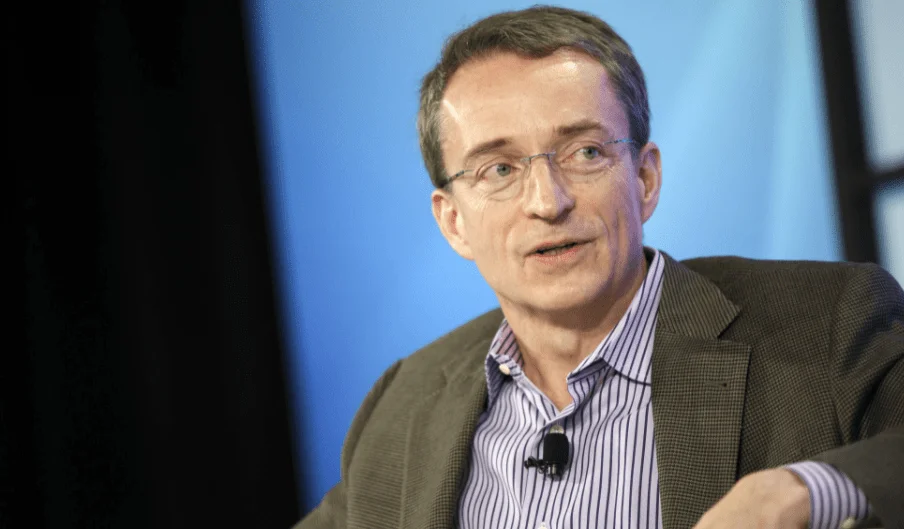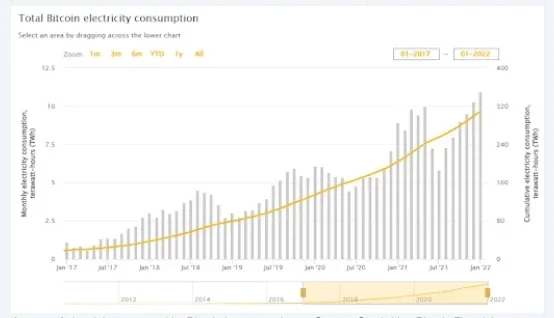Bitcoin’s environmental effect is one topic that has stirred up alot of conversations in the crypto space. Although Intel’s CEO also condemned the impact of Bitcoin on the environment, he took time to promote the firm’s newest mining chip which he claims to be climate friendly.

During a recent interview with Bloomberg, Intel CEO Patrick Gelsinger condemned Bitcoin’s impact on the environment, he stated, “A single ledger entry in Bitcoin requires enough energy to power your house for practically a day.” “That is a climate crisis.”
The environmental impact of Bitcoin
The Bitcoin network presently consumes an estimated 125 terawatt-hours of electricity per year, according to Cambridge University. Norway, the United Arab Emirates, and Sweden, for example, use more electricity per year than the majority of countries on the planet.

According to previous analysis, Bitcoin’s overall carbon footprint is roughly equivalent to over 60 billion pounds of coal burned, 9 million residences’ average annual power consumption or over 100 billion miles travelled by an average passenger vehicle.
During the conversation, the CEO also promoted the company’s own mining chip, which Gelsinger claimed as one that will assist “address the climate issue” mentioned before.
Intel and crypto-mining
According to Gelsinger, Intel is ready to release a new mining chip that is less detrimental to the environment.
Last week, Raja M. Koduri, Intel’s senior vice president, stated that this device “had over 1000x greater performance per watt than standard GPUs for SHA-256 based mining.”
At this year’s International State Circuits Conference, Intel is scheduled to release more details about the energy-efficient processor (ISCC).
While Gelsinger’s remarks on Bitcoin’s influence on the environment may appear to be anti-crypto, he remains positive about the sector’s underlying technological potential.
“We’re going to work on it because this is a strong technology,” the CEO stated. “An immutable leverageable digital entry system can revolutionize currencies, transactions, and supply chains, so sure, this one’s fascinating.”
